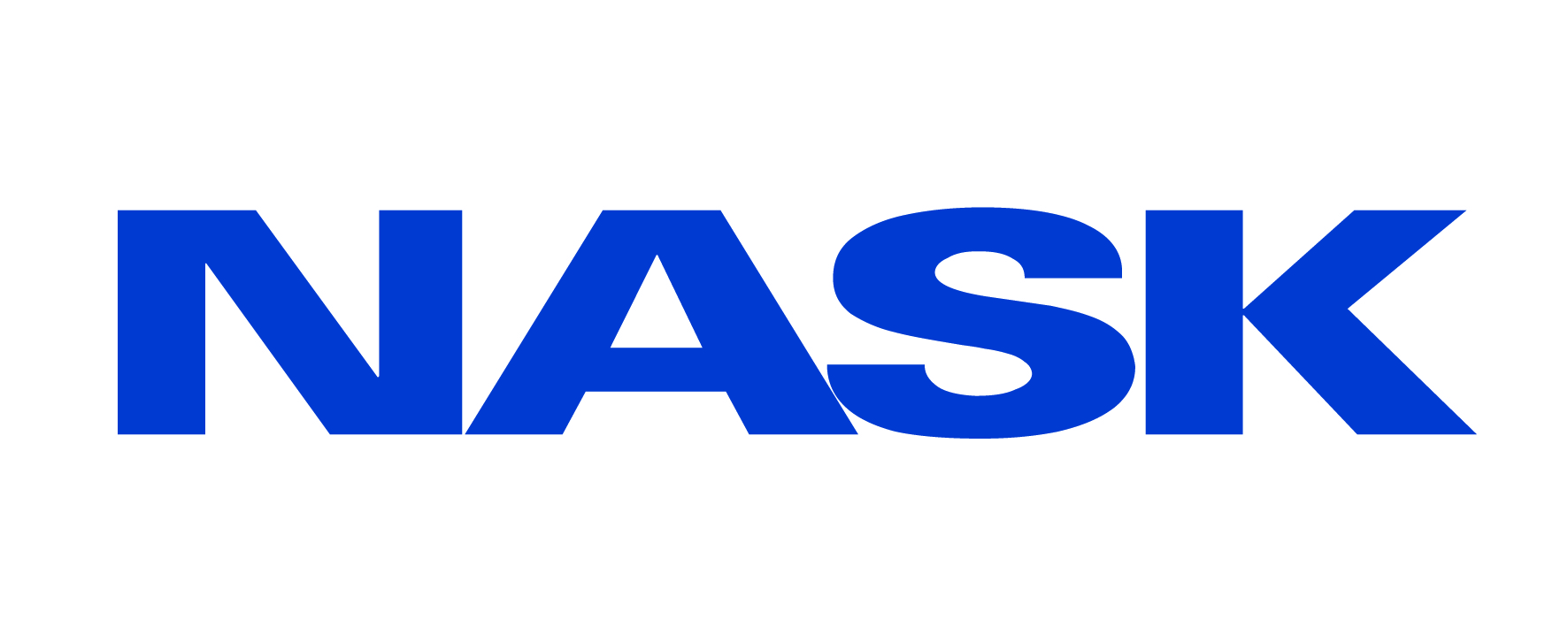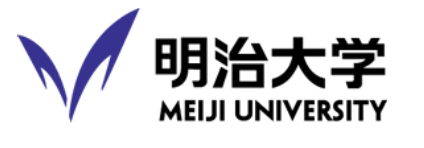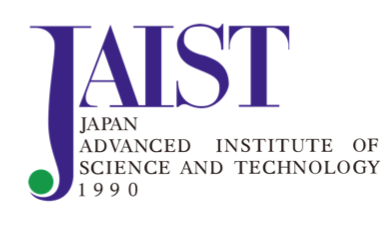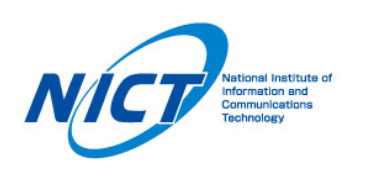EUNITY Cookie and GDPR policy
Our site saves cookies on your device in order to deliver better content. You can disable the usage of cookies by changing the settings of your browser. By browsing our website without changing the browser settings you grant us permission to store that information on your device. I Agree GDPR Policy
Partners in Europe
Institut Mines-Telecom is a French public research and education organization placed under the aegis of the Minister of the Economy, Industry and Employment whose missions are to provide programmes for higher education, conduct research and support economic development in the field of information and communication technologies and sciences. The Institut Mines-Telecom is one of the major French players of the R&D Framework Programme (FP) in ICT (Information & Communication Technologies). It coordinates a network of excellence on future networks (Euro-NF) and is a key contributor in a number of STREP and IP projects.
Atos is an international information technology services company with annual 2010 pro forma revenues of EUR 8.6 billion and 74,000 employees in 42 countries. ATOS carries out managed security services and security monitoring services for its customers. In particular, the Atos High Performance Security (AHPS) solution allows Atos customers to obtain the same security service implemented by Atos for the Olympic Games. AHPS is enabled by a leading edge heterogeneous environment that integrates both central cloud and local digital infrastructure across Europe. Atos Research & Innovation (ARI) is the research, development and innovation hub of Atos and it is a key reference for the whole Atos group, delivering technology innovation to our customers. Within ARI, the Trustworthy Services and Systems (TSS) Laboratory conducts research in trust, security and privacy domains for the improvement of IT security, as well as the increase of trust and dependability in systems and services.
The Foundation for Research and Technology - Hellas (FORTH) is the largest Greek State Research and Development Center. It consists of six Institutes; the Institute of Computer Science (ICS) is one of them. In its thirty-year history, FORTH-ICS has established itself as an internationally known and highly competitive research institute, with modern infrastructure and a broad range of research, development, and educational activities in computer science, computer engineering and in communications. FORTH-ICS is staffed by high quality personnel (Ph.D's, engineers, graduate student research assistants and undergraduate student trainees).
The Research and Academic Computer Network (NASK) is a research institute active in Poland since March 1991. The specific groups that will take part in the project are CERT (Computer Emergency Response Team) Polska and Network and Information Security Methods Team (NISM). CERT Polska was set up to handle Internet security incidents for the '.pl' constituency and has been operational since 1996. CERT Polska runs a nation-wide early warning system using a large distributed network of sensors located in various Polish institutions. The NISM Team exists as a separate unit in the NASK's Research Division since 2009. Research includes advanced data analysis methods, trust management, threat detection methods, virtualization security, etc. NASK has contributed to many EU funded projects, under FP7 (WOMBAT, CERT Polska & NISM), FP5 (eCSIRT.net, CERT Polska) and the Safer Internet Action Plan (SpotSpam and NIFC Hotline Polska, CERT Polska).
The KU Leuven is an autonomous university founded in 1425. With more than 55,000 students, the KU Leuven is the largest university in Belgium and the Low Countries. KU Leuven is consistently ranked within the top 100 universities of the world and it ranks as 35th globally according to Times Higher Education. In 2016, KU Leuven was ranked first on the Reuters’ list of Europe’s most innovative universities. The Computer Security and Industrial Cryptography (COSIC) group belongs to the Electrical Engineering Department at the KU Leuven. The COSIC team has around 80 researchers including 5 professors. During the last 15 years, COSIC obtained more than 1200 international reviewed publications in journals and conferences, 13 edited books, 10 patents and has graduated 60 PhD students. The research work and expertise of COSIC covers a broad span that varies from mathematical foundations and cryptology over development of security algorithms, protocols, network and computer systems towards efficient and secure implementations in hardware and software. The strength of COSIC lies in bringing together researchers with diverse backgrounds, such as mathematics, computer science and electrical engineering. This broad basis helps COSIC adopt an integrated approach to problem solving and has led to important successes, such the selection of the Rijndael algorithm as the US Advanced Encryption Standard (AES), a worldwide standard today. One of the main objectives of COSIC is to bridge the gap between fundamental research in cryptology and the future security and privacy needs of citizens, industry and government. The research at COSIC finds use in a broad range of application domains, such as cloud, Internet of Things, electronic payments, mobile and wireless communications, identity cards, e-voting, protection of e-documents, intelligent home appliances, telematics for the automobile industry and trusted systems.
Partners in Japan
Nara Institute of Science and Technology is a national institution for research and postgraduate education. NAIST has been one of the top Computer Science research institution in Japan, according to several independent evaluations. It has participated in key national R&D programs for cybersecurity in the past years, and it has also been leading the cybersecurity education program among regional university consortium. Researchers at NAIST, especially in the field of cybersecurity, have been playing leadership role in other national research institutions, operational agencies, and government agency subcommittees, e.g., NICT, JPCERT/CC, and JSPS.
The University of Tokyo was established in 1877 as the first national university in Japan. As a leading research university, the University of Tokyo offers courses in essentially all academic disciplines at both undergraduate and graduate levels and conducts research across the full spectrum of academic activity. The university aims to provide its students with a rich and varied academic environment that ensures opportunities for both intellectual development and the acquisition of professional knowledge and skills. The University of Tokyo has a faculty of over 4,000 and a total enrollment of about 29,000, evenly divided between undergraduate and graduate students. As of 2006 there were 2,269 international students, and over 2,700 foreign researchers come annually to the university for both short and extended visits. The University of Tokyo is known for the excellence of its faculty and students and ever since its foundation many of its graduates have gone on to become leaders in government, business, and the academic world.
Meiji University, established in 1881 in Japan, is one of the prominent private universities of Japan, celebrating its 130th anniversary in 2011. It consists of 10 undergraduate schools and 16 graduate schools, including Graduate school of advanced mathematical sciences. The university also boasts the Meiji University Meiji High School and Meiji University Meiji Junior High School. School of Interdisciplinary Mathematical Sciences (IMS) has been established in 2013 at Nakano campus of Meiji University. The research directions at ISC take into consideration the state of the art studies ranging from the network technologies, the human computer interactions to the mathematical models.
Japan Advanced Institute of Science and Technology (JAIST) was founded in 1990, and at that time it was the first national graduate university in Japan without an undergraduate division. JAIST conducts graduate education based on high-level research in various advanced science and technology areas. Several research and education centers in JAIST, such as the Research Center for Advanced Computing Infrastructure (RCACI), the Dependable Network Innovation Center (DNIC), and the Center for Highly Dependable Embedded Systems Technology (HDEST), contribute to and collaborate on a wide range of topics related to advanced ICT systems, including research on various cybersecurity issues, such as education and training, IoT security, etc.
JPCERT/CC is the first CSIRT (Computer Security Incident Response Team) established in Japan. The organization coordinates with network service providers, security vendors, government agencies, as well as the industry associations. As such, it acts as a "CSIRT of CSIRTs" in the Japanese community. In the Asia Pacific region, JPCERT/CC contributed in the establishment of APCERT (Asia Pacific Computer Emergency Response Team) and has been serving to the community as a member of the Steering Committee and Secretariat, as well as Chair from 2011 to 2015. Globally, as a member of the Forum of Incident Response and Security Teams (FIRST), JPCERT/CC cooperates with the trusted CSIRTs worldwide. As a non-profit organization, JPCERT/CC provides technical services through incident handling to Internet users in Japan, mainly enterprises. Other services include vulnerability handling, artifact analysis, ICS security and CSIRT establishment support both in local and global communities.
The National Institute of Information and Communications Technology (NICT) is a sole National Research and Development Agency specializing in the field of information and communications technology. NICT hosts several research institutes, one of which is the Cybersecurity Research Institute (CSRI). The CSRI has established an internationally acknowledged excellence in conducting basic and applied research, developing applications and products, and providing services. The output of the researches in CSRI is actively transferred to a system so that it could be used for contributing to real-world cybersecurity. For instance, the CSRI has systems, called NICTER-family systems, which monitor darknet to grasp and analyze the big picture of global malware/cybersecurity activities, and that monitor livenet to grasp and analyze the security situation inside an organization. These systems are currently in use by more than 500 organizations in Japan and overseas.














